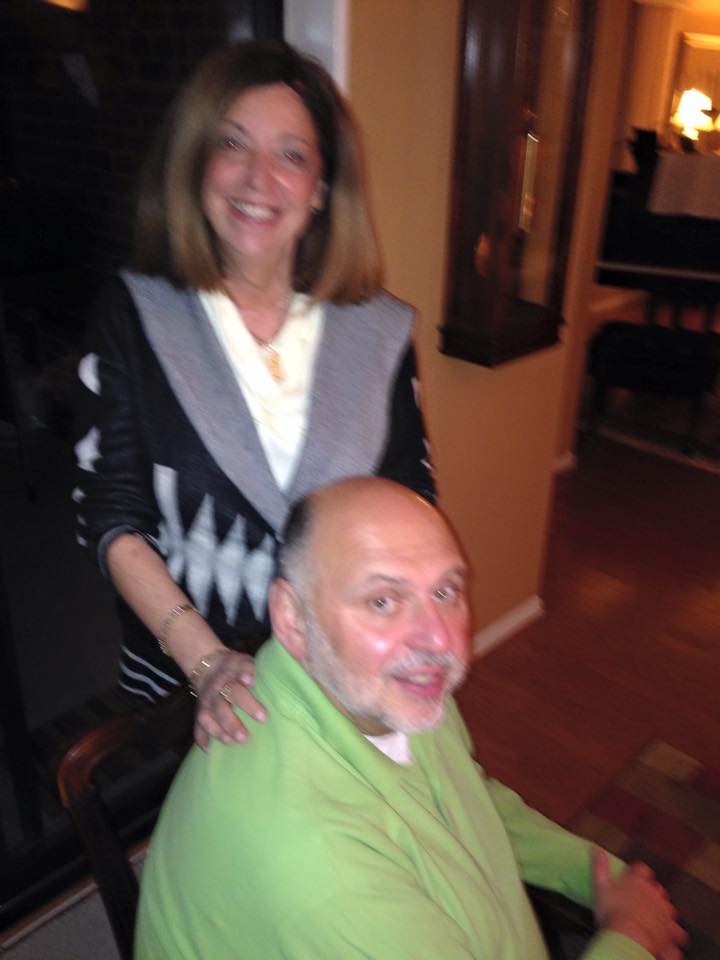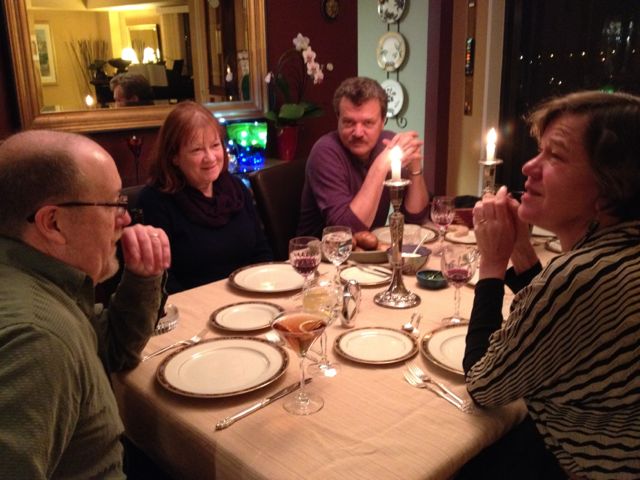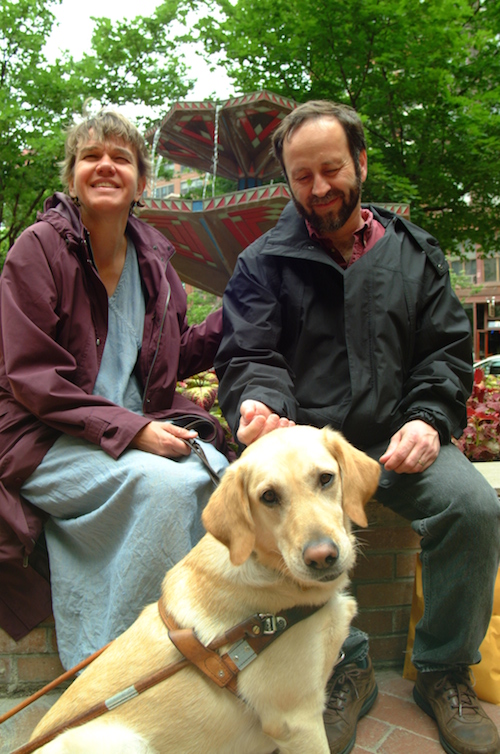Mondays with Mike: This Price is right
April 20, 2015 • 3 Comments • Posted in Mike Knezovich, Mondays with Mike, politics, UncategorizedThe political scene around these parts continues to depress. Particularly gruesome is the latest news about the head of the Chicago Public Schools being under Federal investigation. But that’s only a part of the ugliness—the conflicts of interest and big-money corruption is rife in a place that has profound ramifications for kids in the system, and for those who work for CPS.
But. But! I did run across one thing that buoyed my spirits last week. In my last post, I wrote about the masters of the universe who lose touch with the world inhabited by those who aren’t as fortunate as they are, and who never seem to have enough of everything.
Back in 2004, while still in college, a 19-year-old named Dan Price founded a Seattle-based credit card payments processing company called Gravity Payments that now employs 120 people. Price happened onto a study that Beth read about some time ago that looked at the relationship between emotional well-being and wealth. The short version of the results: As you might expect, being poor causes stress and unhappiness. As incomes rise, so does emotional well-being. But that well-being plateaus at around $75,000 annual income. In other words, people don’t get happier if they make $175,000. They can do more and buy more stuff, but their fundamental emotional state does not improve.
Price also looked into what living on less than 70k in Seattle was like–and it was harder than he’d imagined.
And so Price did something kind of remarkable: He raised the minimum salary of his employees to $70,000. (Not sure why not all the way to $75,000, but who’s going to complain?) To cover the cost, he’s reducing his own salary from $1 million to … $70,000, and putting a greater share of annual profits toward salaries.
Here’s a quote from Price in the NY Times article about him and his company:
“The market rate for me as a C.E.O. compared to a regular person is ridiculous, it’s absurd,” said Mr. Price, who said his main extravagances were snowboarding and picking up the bar bill. He drives a 12-year-old Audi, which he received in a barter for service from the local dealer.
I’m sure some people think he’s crazy—but I hope you’ll read the whole article. Price doesn’t seem particularly political, he just seems to me to be a capitalist who practices it against the backdrop of a larger set of values. Thanks, Dan Price, for reminding us that’s possible. And for brightening my week.




